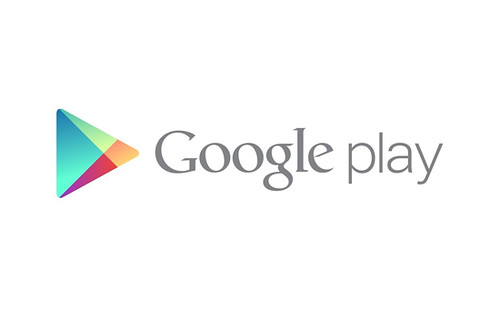Author: Miller Jones
Google announced its decision to expand its user billing option, finally allowing Android OS app developers to employ payment systems other than its own.
This article will look at Google’s new third-party billing policy and what it means for app developers system building on its system.
Let’s get started!
Google Play To Begin Allowing Third-Party Billing: Spotify and Bumble To Launch The Feature
According to Google, the Play app store will permit Bumble and Spotify to charge their U.S customers directly through their Android OS applications.
The company first announced its policy change, dubbing it User Choice Billing, earlier in March. Google will continue testing the feature in the U.S, South Africa, and Brazil, with further integration to occur in Australia, Europe, and India depending on the test’s outcome.
On average, App Store and Google Play receive anything between 30% and 15% of in-app sales through their third-party billing policies. Allowing developers to bill customers directly in-app will enable services like Bumble and Spotify to cut back on those fees.
In a document on Thursday, Google explained that companies billing users in-app must still pay a percentage on those sales. That said, Spotify has agreed to continue receiving money with Google Play.
“Developers choosing to use alternative billing systems will pay a service fee decreased by 4%,” the document read.
Apple still restricts direct billing in most countries and continues to battle against it with developers and courts. Except in South Korea, where national regulation force the iPhone manufacturer to permit third-party billing.
Google’s Position On Third Party Billing
Google’s decision to permit third-party billing is a major shocker from the second-largest app store and indicates the significant policy differences between App Store and Google Play.
It also shows that, unlike Apple, Google and Spotify may have reached common ground regarding app store regulations as Spotify challenges Apple over its restricting developer policies.
Although, Google’s latest development isn’t a significant improvement as millions of developers have championed. App developers are requesting to charge customers directly without giving back a substantial cut to the App store.
Companies have battled app stores over specific fee percentages and app restrictions, claiming them to be anti-competitive.
Spotify praised Google’s decision recently, saying it would start charging its customers directly for subscriptions in markets, like the U.S, South Africa, and Brazil. “Google is deciding to equal the playing ground for all developers, and rest assured, what we’re seeing now is only the beginning.”
In October, the music streaming platform contented with Apple about a rule stopping it from operating an in-app button that emails users with a purchase link.
The “pilot” feature is available for all non-gaming applications that agree to our developer guidelines and privacy policies, said Google on Thursday.
Final Word
With the announcement, Spotify and Bumble users will experience a new interface that permits them to choose their preferred payment system for their subscription services. Users will have two options – Spotify billing or Google Play billing – side-by-side.
Users selecting Google Play billing will be directed through the usual payment process. When users choose Spotify, billing will proceed through Spotify’s new checkout process.

